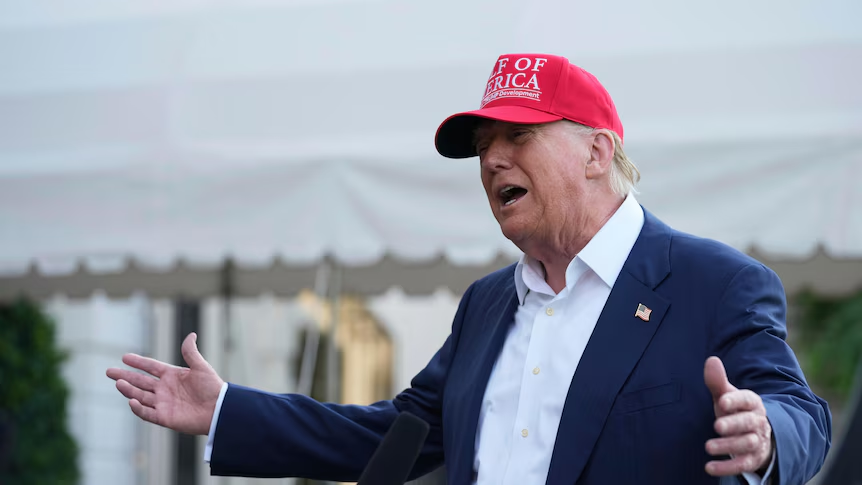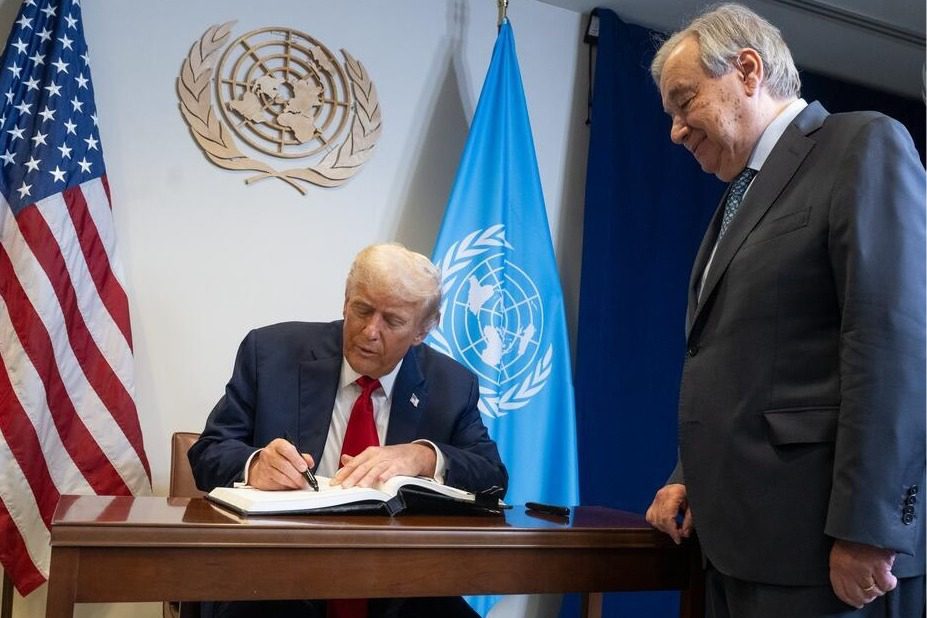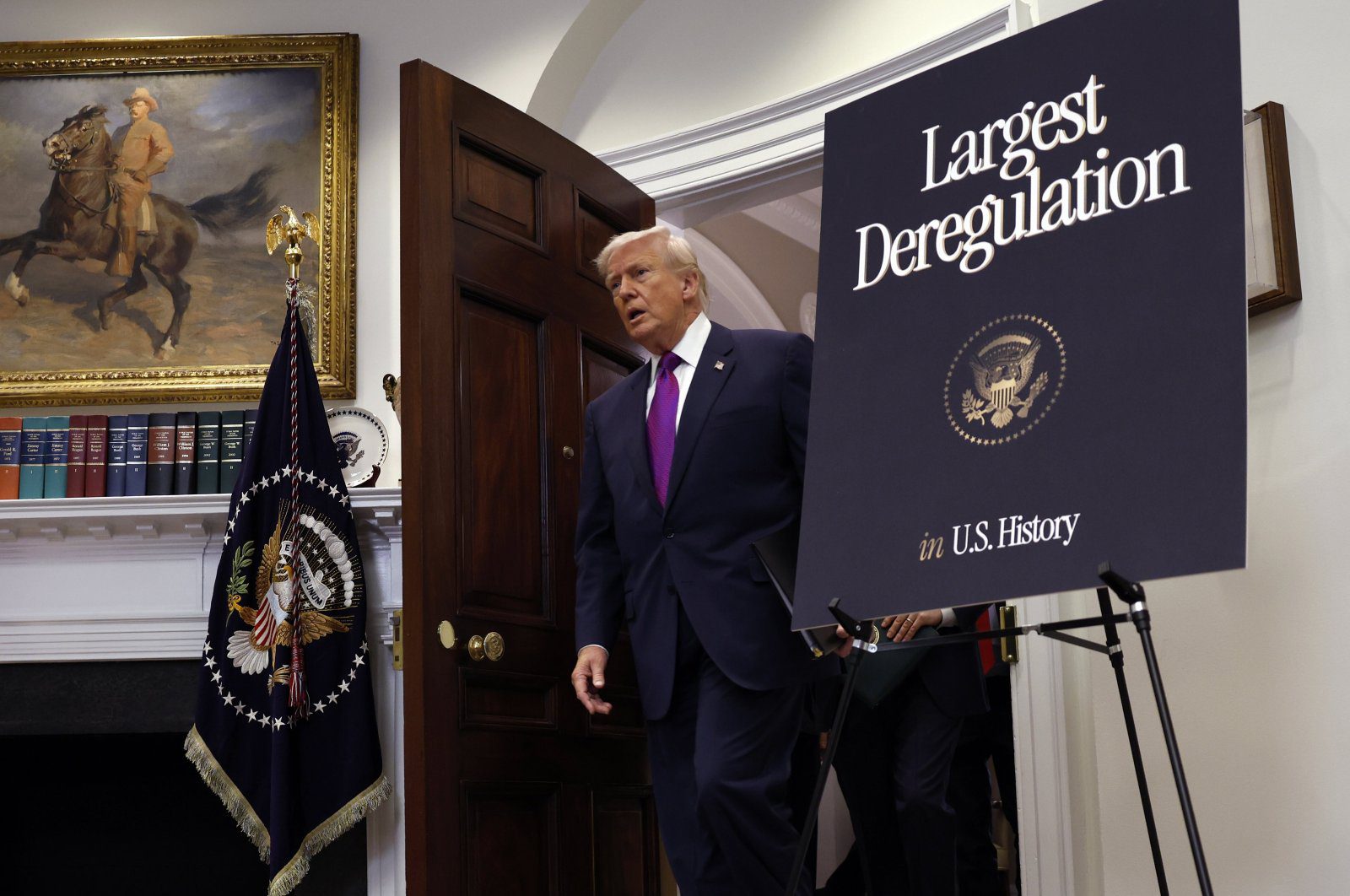Key Takeaways:
- Global talks in Rome aim to secure $200 billion annually for biodiversity protection but face hurdles over funding sources and management.
- The United States’ retreat from development funding under Donald Trump casts a shadow over negotiations.
- The ‘Cali Fund’ is set to launch, yet financial commitments remain uncertain.
Renewed Push for Biodiversity Finance
Countries are convening in Rome this week to revive efforts to secure $200 billion per year for biodiversity conservation, following the 2022 Kunming-Montreal Global Biodiversity Framework agreement. However, divisions over funding sources and governance remain unresolved.
The United States, which is not a formal signatory, has further complicated discussions by scaling back development funding under Donald Trump’s administration. This shift could dampen international momentum, despite urgent warnings from WWF that vertebrate wildlife populations have plummeted 73% since 1970.
Sticking Points in Funding
At the last round of talks in Cali, Colombia, negotiators created the ‘Cali Fund’ to collect revenue from companies profiting from genetic resources but failed to agree on broader financing mechanisms. The meeting ended with only $163 million pledged—far from the $30 billion annual target by 2030.
The ongoing challenge is persuading wealthier nations to contribute, as their appetite for grants and low-interest loans declines amid economic strains. Simultaneously, rich nations are pushing for middle-income countries, such as those in the Gulf States, to shoulder a larger share of the financial burden.
Oscar Soria, co-CEO of The Common Initiative, emphasized the stakes:
“This could be a historic moment, if they choose ambition. The question is whether they will fight for the future like gladiators or let this opportunity slip away.”
Alternative Financing and Structural Debate
With public finance commitments looking slim, negotiators are considering alternatives, including development bank lending, domestic resources, and private sector investments. Additionally, they aim to redirect $500 billion in environmentally harmful subsidies toward conservation-friendly initiatives.
A major sticking point is the governance of any newly secured funds. European nations favor using the existing Global Biodiversity Framework Fund under the Global Environment Facility (GEF), while countries like Brazil and the Democratic Republic of Congo advocate for a new mechanism granting them greater control.
Uncertain Outcomes in Rome
The potential for a collapse of the February 25-27 talks remains high, which could hinder Brazil’s efforts to integrate nature financing into climate discussions at the upcoming COP30 summit in Belem. Unlike previous meetings, Rome’s conference has no scheduled side events, reducing business engagement.
Despite this, the Cali Fund is expected to be officially launched, though it remains unclear whether initial financial commitments will be announced. Observers warn that without tangible progress, the global biodiversity financing gap will persist, jeopardizing conservation goals.

 Follow SDG News on LinkedIn
Follow SDG News on LinkedIn











